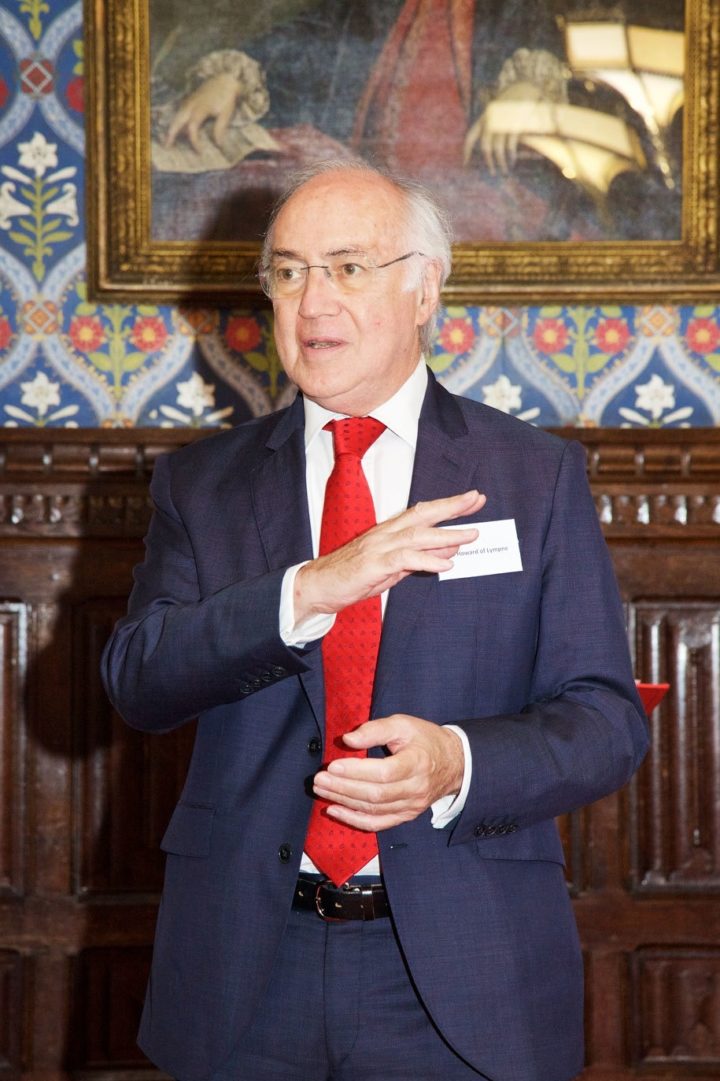Comment on CCC net zero advice
ECIU Advisory Board experts comment on Committee on Climate Change net zero advice
By George Smeeton
info@eciu.netShare
Commenting on the Committee on Climate Change advice on adopting a net zero emissions target in the UK [1], Lord Adair Turner, Chair of the Energy Transitions Commission (ETC) [2] and former chair of the CCC said that ‘zero should mean zero’:
“Since the Climate Change Act was passed in 2008, the science evidencing man-made climate change has become ever clearer - and the costs of tackling the problem have also dropped dramatically. For example, we have seen huge falls in the costs of wind, solar and batteries – 65% for wind, 80% for solar and batteries. This means that it is possible to adopt a net zero target, without a significant increase in the cost”, he said.
“The Energy Transitions Commission, which I chair, has also shown that we can get to net zero in harder to decarbonise sectors such as heavy industry, aviation and shipping by 2050, and that the total impact on living standards would be negligible. And although the transition may appear daunting for some areas, such as home heating, the shift away from town gas in the 60s and 70s, is proof that, handled well, these transitions can be both possible and desirable for homeowners.
“But we must also be clear that zero should mean zero; that is zero within the UK, not zero by buying carbon offsets from other countries. With the right policies the evidence clearly shows that it is possible to really drive decarbonisation in all sectors of the economy.”
Lord Howard of Lympne, former Leader of the ConservativeParty highlighted the UK’s leadership on tackling climate change:

“Britain has a history of action on climate change of which it can be proud. From the Rio Earth Summit to the Climate Change Act, we have always been a leader on facing this challenge,” he said.
“Now the science is clear that we must go further, and adopt a net zero emissions target by 2050, if not earlier. We must not shirk from this challenge, nor should we be afraid of it.
“Pragmatic policies introduced by past governments have shown, as in the case with offshore wind, that costs can quickly be driven down and thriving new industries grown. At this time in our nation’s history, we should embrace this opportunity to lead in the low-carbon industries of the future.”
Professor Joanna Haigh, Co-Director of the Grantham Institute at Imperial College, said that the latest climate science illustrated the need to adopt a net zero target:
“Science is clear that stopping climate change means bringing emissions to net zero. And the case for doing that quickly enough to constrain global warming to 1.5ºC was graphically highlighted by last year’s report from the Intergovernmental Panel on Climate Change which showed that every half degree of additional warming has a serious and measurable impact,” she said.
“The Committee on Climate Change shows how the UK can meet the IPCC ambition. We can cut our emissions to net zero, the costs are manageable, and, in many ways, from lower air pollution to restored natural environments, the world will be a better place to live in when we do so.”
Lord Puttnam, who helped guide the Climate Change Act through the Parliament, said:
“When I helped steer the Climate Change Act through the Parliament over ten years ago, I was privileged to see British politics at its very best,” he said,” he said.
“At a time of seemingly intractable political division, it is worth remembering that then, as now, our politicians are united across the political divide on the issue of climate change, with nearly 200 members of the Commons already calling for a net zero target to be put into law.
“Long may this continue; for, although issues like Brexit will pass, the awesome challenge of addressing climate change will be one that faces us and future generations for decades to come. Setting a net zero target in law is merely the next step on this long road: we should take it, and quickly.”
Richard Black, Director of the Energy and Climate Intelligence Unit (ECIU) [3] said that a net zero transition had broad support:
“This is a seminally important report from the Committee, confirming that the UK can become the first major economy in the world to deliver on the Paris Agreement and can do so painlessly,” he said.
“Getting to net zero means making changes across the economy but importantly, nothing looks particularly disruptive. The Committee is talking about accelerating the ongoing move to clean energy and transport, continuing the modest changes we’re seeing in meat-eating and restoring forests and peatlands – and an overall economic impact that could end up being nil once hidden benefits such as cleaner air are taken into account.
“Equally important is that, while the Committee has been deliberating, the voices of businesses, MPs, farmers and the public have been supportive of a net zero transition. So now the ball is at the feet of ministers – and the Committee suggests there’s everything to gain from acting swiftly and decisively.”
ECIU has produced a series of briefings of the net zero transition, available here.